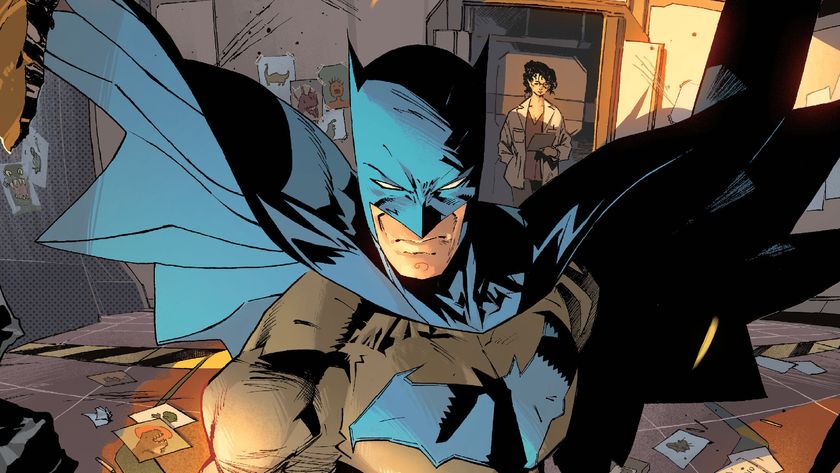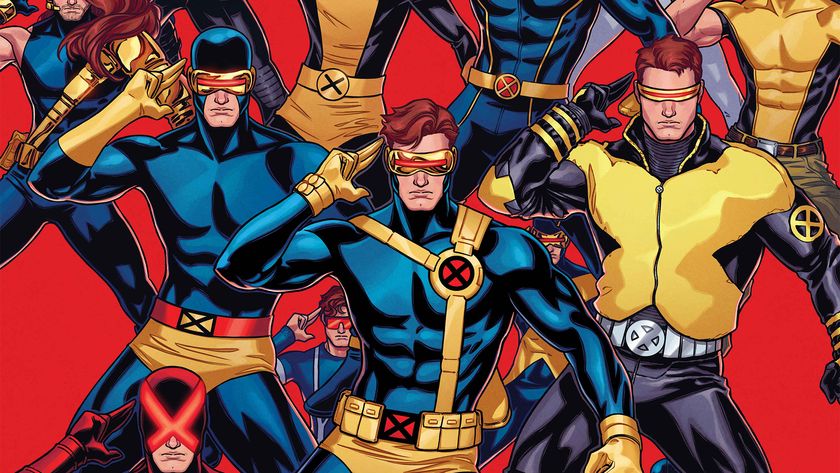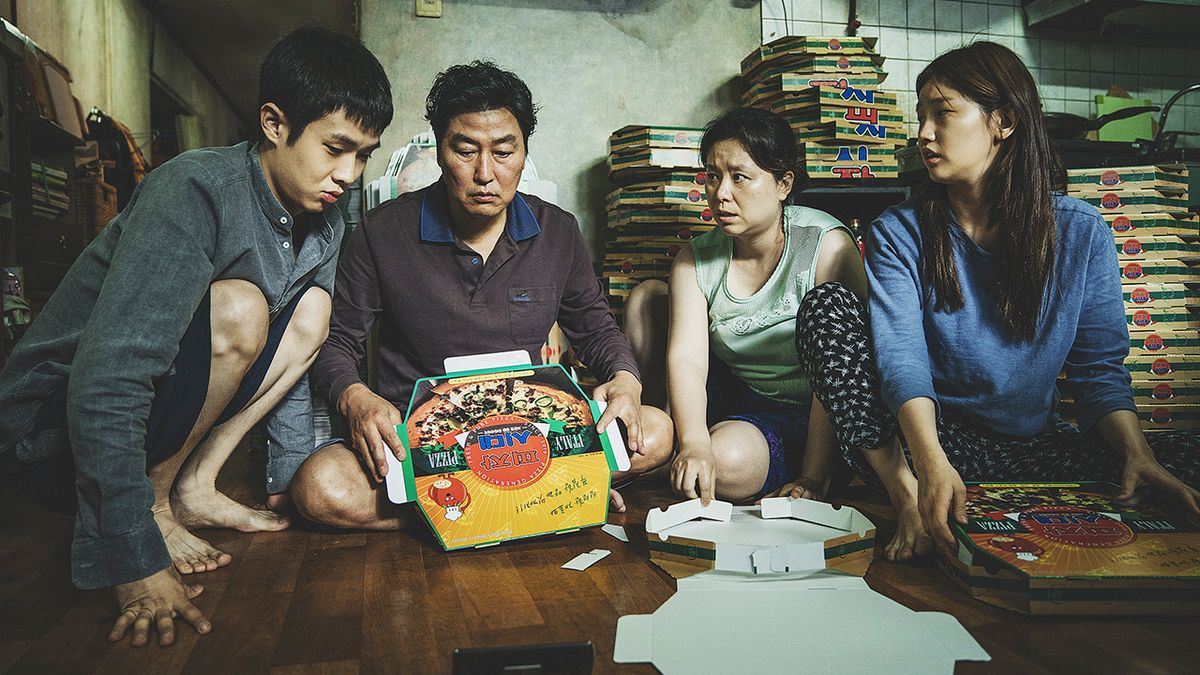12DOVE Verdict
Bong has once more proved what an exciting filmmaker he is, and Parasite is strong contender for Oscar Best Picture
Why you can trust 12DOVE
Expectations are always high going into a Bong Joon-ho film, with the South Korean director having amassed quite the CV in Memories Of Murder, The Host, Mother, Snowpiercer and Netflix giant-pig movie Okja. Well, Parasite doesn’t disappoint, again showcasing Bong’s love of hopping between genres – pitch-black comedy here holds sway, but there’s drama, social commentary, horror and a surprising amount of heart mixed carefully and confidently into the 132-minute running time – as it grips from first frame to last.
Parasite starts off as something of a mirror-image to last year’s Palm d’Or-winner Shoplifters, introducing us to the Kim family, barely getting by as they share a cramped basement with scurrying bugs. Ki-taek (Song Kang-ho) and his wife Chung-sook (Chang Hyae-jin) are out of work, as are their twentysomething daughter Ki-jung (Park So-dam) and teenage son Ki-woo (Choi Woo-sik). Days are spent holding their phones to the ceiling in an effort to piggyback free WiFi, while evenings attract weaving drunks who urinate against their street-level window.
Then Ki-woo gets a break, replacing his friend as the tutor for Da-hye (Jung Ziso), the daughter of wealthy entrepreneur Mr. Park (Lee Sun-kyun) and his sweet, naïve wife (Cho Yeo-jeong). Ki-woo is a smash hit, and slyly suggests his sister, pretending she’s a college acquaintance, when Mrs. Park says she’s also in need of an art tutor for her younger son, Da-Song (Jung Hyeon-jun). The pattern is set, and some crafty conniving soon sees the older Kims replace the Parks’ driver and housekeeper.
This first half of Parasite is a con movie made by a connoisseur, its moving parts elegantly fitted together until all of the players have gravitated to the Parks’ spacious, modernist home. The second half is about then tearing everyone apart again, though just how that happens should be discovered for yourself. It’s not in a manner you might imagine, with Parasite throwing a curveball to set things off. Put another way, if the Kim family is, in one reading of the title, a parasite living off its fat host having buried deep inside, then something happens that is the narrative equivalent of the chestbursting scene in Alien.

Scenes at once amusing and tense follow, with the film maintaining its formal sophistication even as Bong’s seething anger at the state of things bubbles to the surface. Interestingly, Parasite is shot by Kyung-pyo Hong, the DoP of last year’s excellent competition entry Burning, and the two films share much in common – not least how they retain a placid beauty as they burn with rage while grappling with class divides and social aspirations. Another comparison point is Jordan Peele’s Us, for the Kims might almost be seen as the subterranean doppelgängers of the Parks, no longer willing to be invisible.
Like Us, Parasite refuses to go the easy route of making its Haves unlikeable people so that we might desire their destruction by the Have Nots. It is cleverer than that, playing with our sympathies and switching them this way and that, just as it builds to a demented set-piece finale only to then blindside us with a poignant coda.
Jamie Graham is the Editor-at-Large of Total Film magazine. You'll likely find them around these parts reviewing the biggest films on the planet and speaking to some of the biggest stars in the business – that's just what Jamie does. Jamie has also written for outlets like SFX and the Sunday Times Culture, and appeared on podcasts exploring the wondrous worlds of occult and horror.

A new Batman #1 from Matt Fraction and Jorge Jiménez launches this September with a "revamped aesthetic," a throwback costume, and a new Batmobile

Marvel reveals its full slate of May 2025 comics and covers featuring the Avengers, the X-Men, Spider-Man, and more

Former Witcher 3 lead says his new vampire RPG Blood of Dawnwalker has a smaller open world because "it feels more like you actually know the place" compared to "behemoths"
Most Popular





